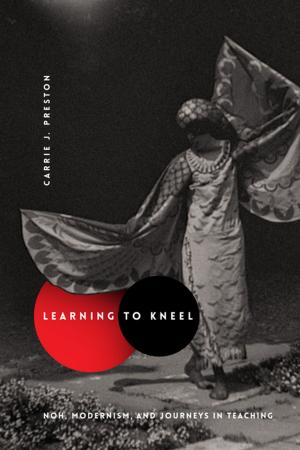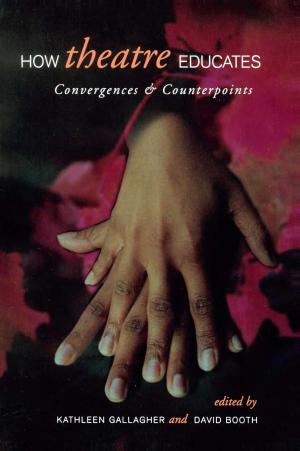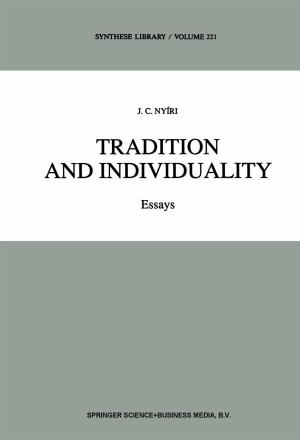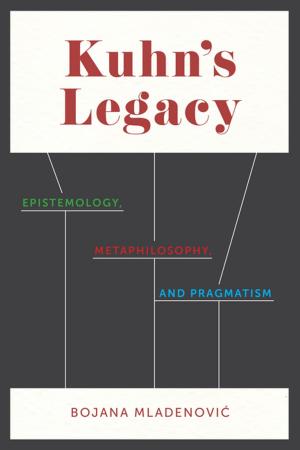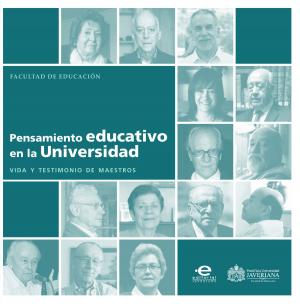Essay - Openness and Student-centered Learning: An Exploration of Peer Learning and Prosumer Innovation in the Knowledge Economy.
Nonfiction, Reference & Language, Education & Teaching, Educational Theory, Philosophy & Social Aspects| Author: | William Van Zyl | ISBN: | 9780473438395 |
| Publisher: | Five House Publishing | Publication: | January 13, 2018 |
| Imprint: | Language: | English |
| Author: | William Van Zyl |
| ISBN: | 9780473438395 |
| Publisher: | Five House Publishing |
| Publication: | January 13, 2018 |
| Imprint: | |
| Language: | English |
ESSAY:
Imagine yourself behind a conveyor belt with an air-powered tool in your hand assembling vehicles for Toyota in a factory in Japan. I am sure that after several years working for the company, you would appreciate if your employer could ask you:
"How could we improve this assembly line?", and "What are your ideas for changing the way we assemble here?"; "I want you to collaborate with the other workers and come up with some innovative ideas to improve or change the way we do things here?"
These are just the type of questions the world out there is asking the worldwide community (internet users).
The education revolution has done just that. From 'crowdsourcing' to 'hacking', and other new online strategies, 'production lines' of knowledge creation has evolved exponentially. Just as mass production in the advent of Fordism went through some developmental stages, Open Education (OE) has gone through some radical changes over the past twenty years. Many academia calls it an education revolution.
This essay explores the landscape of prosumer production and the innovation possibilities of open education (OE). Prosumer innovation and creativity have massive potential for advancing social and economic knowledge production. Building on and from new technologies prosumer innovation is dependent on open systems, open networks and the successful implementation and management of mass collaboration networks. The emerging cultural practice for complex systems in education is dependent on collective intelligence and the democratisation of knowledge creation. Levy (1997) comments: 'The prosperity of a nation, geographical region, business or individual depends on their ability to navigate the knowledge space. The more we are able to form intelligent communities, as open-minded, cognitive subjects capable of initiative, imagination, and rapid response, the more we will be able to ensure our success in a highly competitive environment' (p.253).
ESSAY:
Imagine yourself behind a conveyor belt with an air-powered tool in your hand assembling vehicles for Toyota in a factory in Japan. I am sure that after several years working for the company, you would appreciate if your employer could ask you:
"How could we improve this assembly line?", and "What are your ideas for changing the way we assemble here?"; "I want you to collaborate with the other workers and come up with some innovative ideas to improve or change the way we do things here?"
These are just the type of questions the world out there is asking the worldwide community (internet users).
The education revolution has done just that. From 'crowdsourcing' to 'hacking', and other new online strategies, 'production lines' of knowledge creation has evolved exponentially. Just as mass production in the advent of Fordism went through some developmental stages, Open Education (OE) has gone through some radical changes over the past twenty years. Many academia calls it an education revolution.
This essay explores the landscape of prosumer production and the innovation possibilities of open education (OE). Prosumer innovation and creativity have massive potential for advancing social and economic knowledge production. Building on and from new technologies prosumer innovation is dependent on open systems, open networks and the successful implementation and management of mass collaboration networks. The emerging cultural practice for complex systems in education is dependent on collective intelligence and the democratisation of knowledge creation. Levy (1997) comments: 'The prosperity of a nation, geographical region, business or individual depends on their ability to navigate the knowledge space. The more we are able to form intelligent communities, as open-minded, cognitive subjects capable of initiative, imagination, and rapid response, the more we will be able to ensure our success in a highly competitive environment' (p.253).

